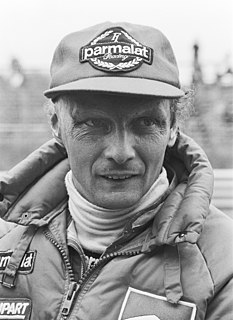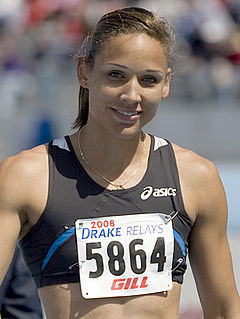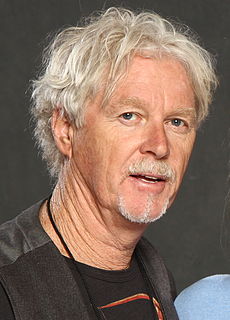A Quote by Lynn Nottage
Hopefully this is going to be a trend, the beginning of a movement to reclaim theater for the artist and not commerce. I think there's a level of fatigue. Artists are tired of having to create work that's then coopted by commercial demands. When you begin souping up the car, the car no longer feels like your own.
Related Quotes
New Zealand was such a weird place in the 1980s. For instance, we used to have this commercial in the late 1970s where this guy drives this car and stops outside a corner store. He goes in to buy something, and when he comes out, his car is gone. He's like, 'Huh?' Then a voice says, 'Don't leave your keys in the car.'
I once heard a story, it's probably apocryphal, but I love the notion. That a car had flipped over and the baby was trapped underneath the car and the mother was thrown from the car. Then the mother lifted up the car to pull her child to safety. And I believe that my own strength comes from whom and what I love.
My parents had an independent theater company here in Sweden during the 1980s, so I was raised watching my parents create independently, having a lot of fun and just doing what they wanted to do. I think that idea of independence as an artist was something I was always used to. And then I entered the industry from a very commercial perspective, and things were very different then from what I grew up with.
If you are for a long time at the top you've basically achieved everything you wanted to. Then the ball's breaking stuff starts to be too much: it's not what you do in the car, it's what you do outside the car - the press conferences, the interviews, the sponsorship commitments, the marketing appearances - that sadly go up to a level that the whole package, including the risks you take, the workload you do to get the car to work and for you to be quick in the races, it becomes too much.
That is the brilliant thing about the millennials. They're not obsessing about, "Hey, there is not going to be a job for me" - they're trying to take advantage of how good a life they can have without having to create so much nominal income. Income is there to create quality of life, but you can share your car and get where you want to go, and you can travel the world by couch surfing. I think they're taking advantage of deflationary forces to improve their life while not maybe having to chase the nominal money that was needed to buy a whole car, a whole house, a whole couch.
In The Deep End, you have a woman who looks like a J. Crew mother who can manage it all. Then we begin to realize what's going on inside. Every time I see one of those women stuck at a stoplight with the children in the back of her car, I sort of think, "What have you just done? What's going on in your life?".
I do a lot of work with policymakers, but how much effect am I having? It’s like they’re coming in and saying to you, ‘I’m going to drive my car off a cliff. Should I or should I not wear a seatbelt?’ And you say, ‘I don’t think you should drive your car off the cliff.’ And they say, ‘No, no, that bit’s already been decided—the question is whether to wear a seatbelt.’ And you say, ‘Well, you might as well wear a seatbelt.’ And then they say, ‘We’ve consulted with policy expert Rory Stewart and he says . . . .’
I think it's to do what's important to you, and having a lot of people - hopefully - listening to your work. It also involves being a credible artist, and being able to reach out to those who will buy into it for some other reason. But on a more personal level, success comes from having many close and strong relationships.







































